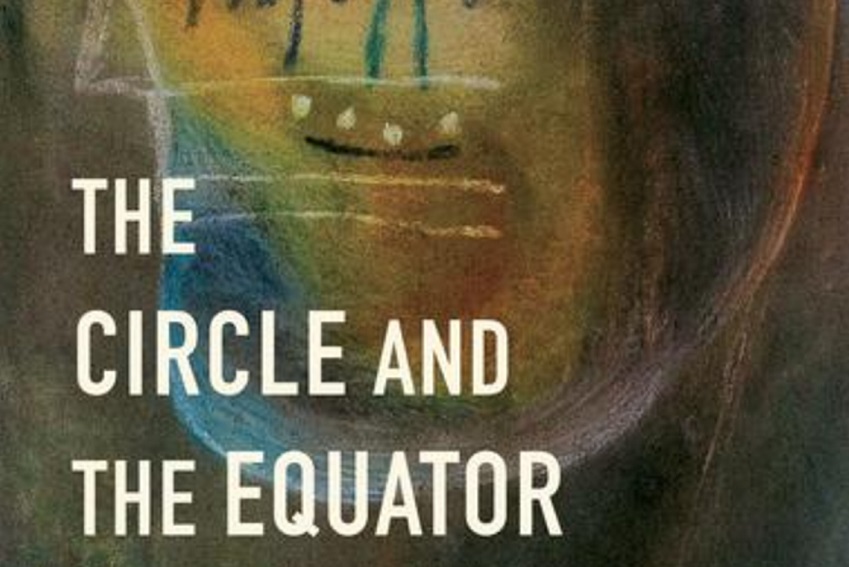Book Review: The Circle and the Equator

The 13 stories in The Circle and the Equator, Kyra Giorgi’s debut collection, reach for decisive moments in the lives of individuals within the frame of larger historical tides over the last century–and–a–half. They find atypical, but plausible global connections between places as seemingly disparate as Scotland and Dagestan, Namibia and Cuba, China and Algeria, Argentina and the USSR.
With 10 of the 13 stories primarily driven by war or social persecution, it’s no surprise to find in them so many of the visible and invisible marks left by these experiences on the physical body: ‘August’ is a split–time encounter between a doctor and his memory of a patient left with terrible radiation burns after the Hiroshima bombing; a provincial French sculptor in ‘The Mouleuse’ struggles to come to terms with the intimacy of his wife’s plaster modelling of the syphilitic chancres on an officer who has returned from the Crimean War; ‘Moon tide’ sees two young Soviet soldiers, one with an amputated leg and the other with a damaged mind, facing a bleak repatriation from Afghanistan; and in ‘Black eyes’ a man rescued from the streets of Istanbul as a child discovers the traumas endured by his destitute mother after the rise of the Turkish republic.
The injury list goes on: scars, shrapnel wounds, lungs scorched by mustard gas, bullet wounds, scalping, seizure, psychic surgery, bloody beatings and the welts of prison manacles. While putting it all together like this makes the stories sound more gruesome than they actually are, it highlights their unifying idea which is that history is nothing if not the events that traumatise the individual human body writ large.

While Giorgi’s stories treat this history in modes that are both analeptic and proleptic, that is that they look forward, feeling the uncomfortable tickle of prognostication, as much as they recover the wreckage from the tides that have already passed, it is in the former, where the loudest note played is the ominous one, that a really stunning effect is achieved.
So, where the collection’s title story watches optimistically and viscerally, if a little undramatically, over the recovery of a Namibian war refugee on the Island of Youth, Cuba’s 1970s internationalist utopia. The final story, ‘A dream that cannot be recalled’, sees literal and metaphorical storm clouds gathering over another planned society, Birobidzhan, the remote Jewish settlement in the far east of the Soviet Union that became subject to more than one wave of Stalinist purge from the late 1930s onward. The anticipation of terror is played out again, but more subtly, in ‘Soft ground’ as a German WWI returnee condenses his injury, shame and rage into a frightening Cabaret–esque self–reflection that is ‘cool and glossy and black.’
While the stories sketch enough of the depth of the historical events that set them in motion to make them understandable, they also sometimes tempt the reader outwards (or to Google at least) to more–precisely establish how closely the characters and their worlds have been carved out of their historical specificity.
There were, nevertheless, moments of some disappointment, the most lingering of which was ’Parihaka’. Its recount of the violent colonial invasion of a pacifist Maori village which is complicated by one man’s sublimated desire for another, had the potential to be one of the collection’s most powerful stories. Yet, it was let down by an inexplicably cautious mediating narrator who was overly reliant on using ‘you’ and ‘he’ as nebulous substitutes for character names. It made foggy what could have been urgent and, like much of the rest of the collection, deeply visceral.
Overall though, Giorgi opens windows onto surprising but unchallengeable historical landscapes and invites the reader into them with consistently original and memorable narratives that leave behind impressions that, whether disturbing or hopeful, dread–ridden or tender, are always instructive.
Author: Kyra Giorgi
Publisher: UWAP